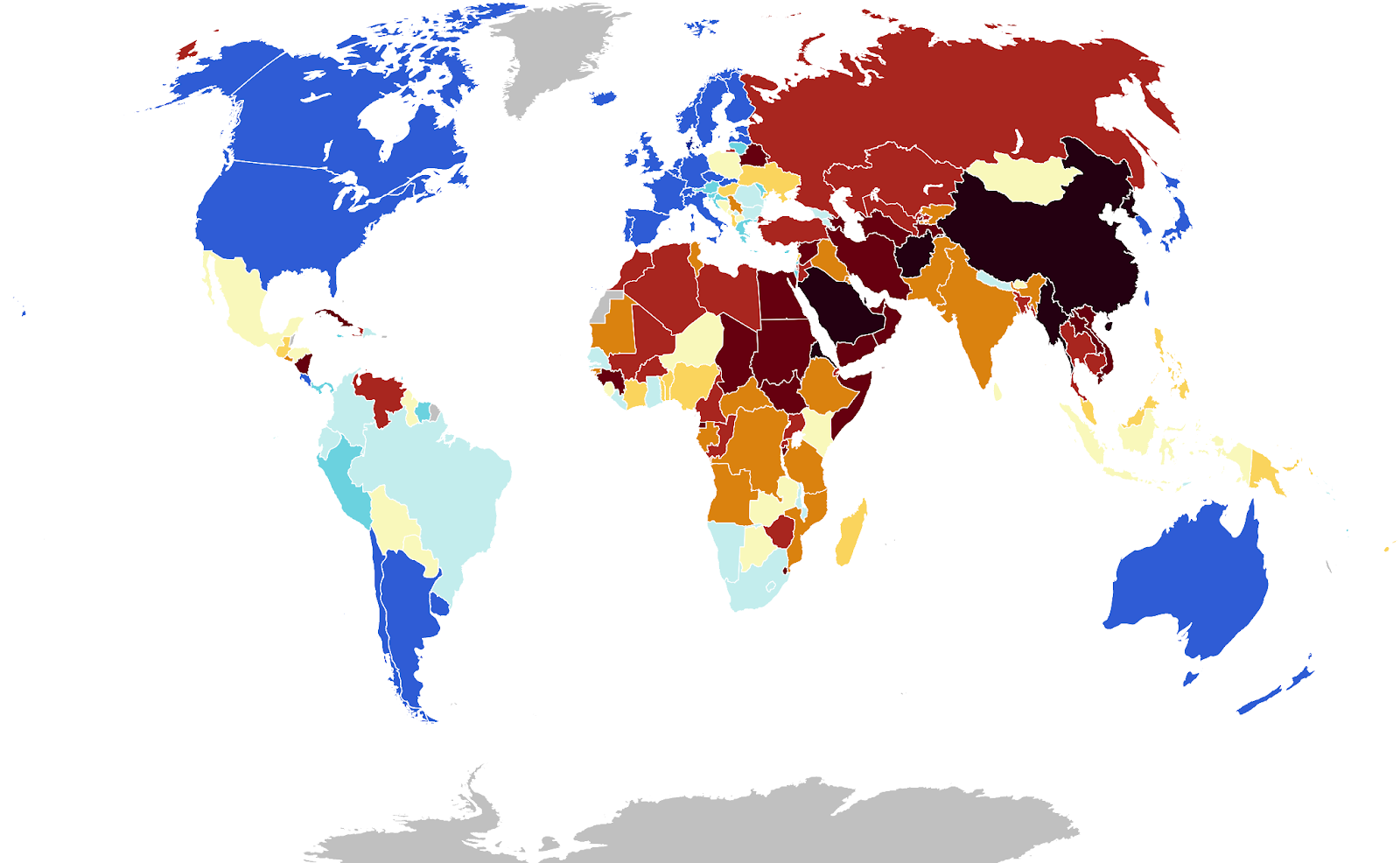Upcoming Power Transition in Turkmenistan Showcases President’s Desire for Regime Stability
The presidential palace in the capital Ashgabat. (Wikipedia)
The ruling Democratic Party of Turkmenistan declared on February 14 that Serdar Berdymukhamedov, son of the current Turkmen President Gurbanguly Berdymukhamedov, will be their presidential candidate in the upcoming election. Past elections in the country have not been competitive and all competing candidates have professed their support for the current government. As a result, there seems to be little question that Berdymukhamedov will succeed his father.
Gurbanguly announced on February 12 that early presidential elections would occur on March 12, claiming that it was time for him to hand over power to a new generation.
Because Berdymukhamedov has risen through the ranks of the Turkmen government over the past decade, he has perhaps been preparing for this power transition for some time. Beginning in 2010, he had been deputy head of state agency, head of the foreign ministry’s information department, deputy foreign minister, a member of parliament, governor of the Ahal province, and industry minister before he became deputy prime minister for economic affairs in 2021. The position Berdymukhamedov now holds is one of the highest that he can attain within the state. He is second only to his father who holds the positions of head of government and head of state through his title of President.
Berdymukhamedov’s father has been president for the last 15 years, taking over after his similarly-authoritarian predecessor Saparmurat Niyazov. While in power, he has kept absolute state control over the economy as well as complete control over all aspects of the media and the political system. By handing his powers over to his son, Gurbanguly is establishing a dynastic scheme of legitimacy for the regime. Recently, the son of Tajik president Emomali Rahmon has also been adopting a more leading role within the country’s government as speaker of the upper house of the parliament, hinting at a similar preparation for power transition.
The recent power transition in Kazakhstan that exacerbated violent protests about gas prices in January 2022 may explain why Gurbanguly so hastily called for an early election.
As to the potential consequences of Berdymukhamedov coming to power, it is unclear whether much would change in terms of political freedoms in Turkmenistan. In his past positions, Berdymukhamedov has presented himself as capable but authoritarian in his style of management and leadership, specifically during his governorship in Ahal. On the other hand, Berdymukhamedov seems to shy away from his father’s more eccentric habits that have influenced the cult of personality around him. Most importantly perhaps, he has had some exposure to the wider world, being mostly fluent in English and representing Turkmenistan globally in his various offices, potentially motivating him to make some reforms to the political system.











